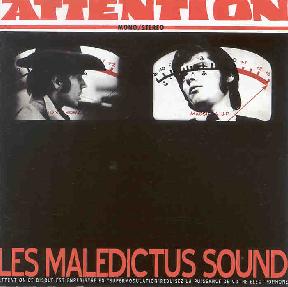nochexxx
harco pronting
late last night I was sitting around a mate’s house, drinking booze and listening to metamkine records. We started listening to dominque petigand’s ’10 petites compositions familiales’ and I mentioned that this was the record that inspired me to produce musique concrete. To cut a long story short, my friend explained that he had read an article on musique concrete and remembered vaguely this idea that there are certain traditionalists and hardcore purists who believe that true musique concrete can only be produced under certain conditions and rules, which may even include having to live in France and perhaps share some form of political alignment.
I’m completely ignorant of this idea and was wondering if there’s anybody on dissensus who could shed some light on this subject. for me music concrete was always about creating music around natural and industrial sounds I had no idea that there maybe the hardcore movement who would perhaps laugh at the very notion of a lonesome sod such as myself dabbling with such recipes outside of france.
I’m completely ignorant of this idea and was wondering if there’s anybody on dissensus who could shed some light on this subject. for me music concrete was always about creating music around natural and industrial sounds I had no idea that there maybe the hardcore movement who would perhaps laugh at the very notion of a lonesome sod such as myself dabbling with such recipes outside of france.

